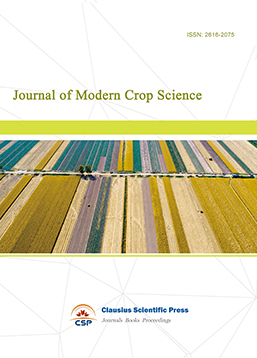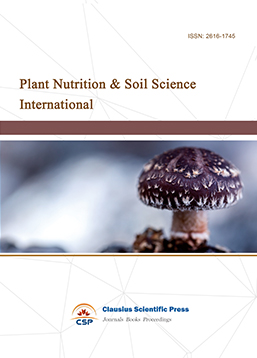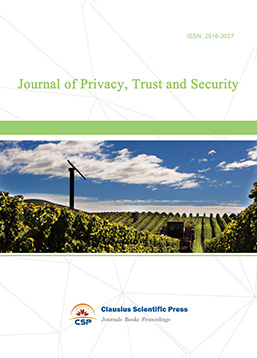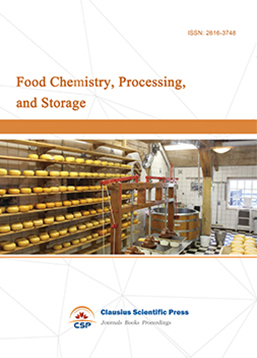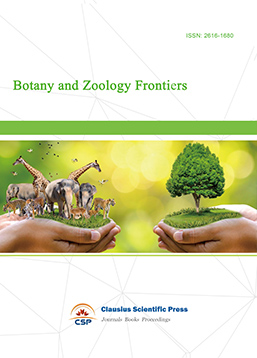Research on Port Logistics Based on Supply Chain Management
DOI: 10.23977/afshn.2020.030101 | Downloads: 67 | Views: 5360
Author(s)
Peng Wang 1
Affiliation(s)
1 School of Economics and Management, Dalian University, No.10, Xuefu Avenue, Economic & Technical Development Zone, Dalian, Liaoning, The People's Republic of China (PRC)
Corresponding Author
Peng WangABSTRACT
With the vigorous development of science and technology and productivity, to a certain extent, it has accelerated the global economic process. In order to further enhance its comprehensive strength in the industry, China's port logistics is looking for management that meets its actual development in the context of current global development Based on the supply chain management model, this article first outlines port logistics and its advantages, and analyses how to promote the development of port logistics in the context of supply chain management for reference.
KEYWORDS
Supply chain management; Port logistics researchCITE THIS PAPER
Peng Wang. Research on Port Logistics Based on Supply Chain Management. Advances in Food Science and Human Nutrition (2020) 3: 1-4. DOI: http://dx.doi.org/10.23977/afshn.2020.030101.
REFERENCES
[1] Pan, X. F. (2020) The influence of green supply chain management on manufacturing enterprise performance: moderating effect of collaborative communication, Production Planning & Control, 31, 245-258.
[2] Rosangela, M. V. (2020) Risk management in the automotive supply chain: an exploratory study in Brazil, International Journal of Production Research, 10, 783-799.
[3] Abhijeet, G. (2020) Managing climate change risks in global supply chains: a review and research agenda, International Journal of Production Research, 1, 44-64.
[4] Yu, W. T. (2020) Green human resource management and environmental cooperation: An ability-motivation-opportunity and contingency perspective, International Journal of Production Economics, 6, 224-235.
| Downloads: | 2827 |
|---|---|
| Visits: | 105541 |

 Download as PDF
Download as PDF